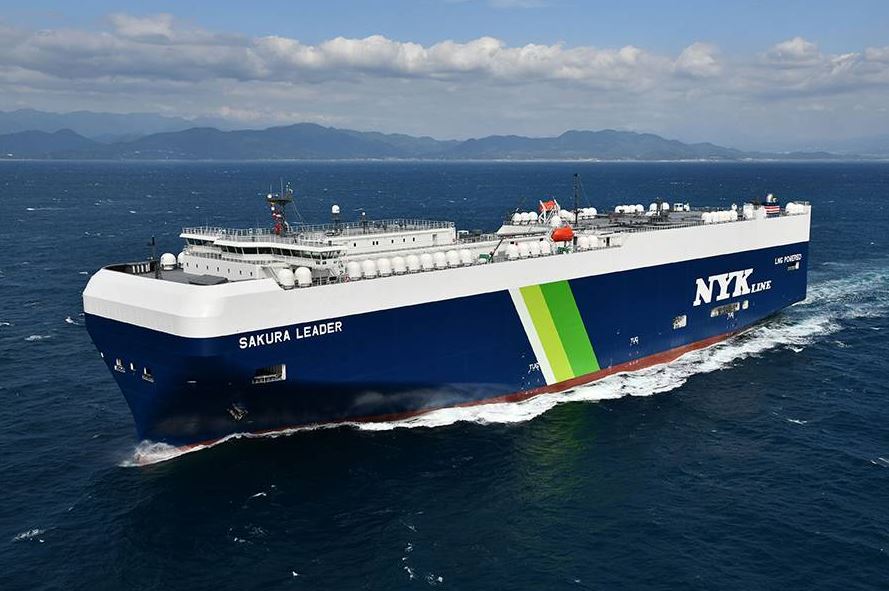Energy major BP and Japan’s shipping giant NYK Line are joining forces to work on slashing emissions in the shipping sector by transitioning from current marine fuels to alternatives such as LNG.
The duo signed a memorandum of understanding to collaborate on future fuels and transportation solutions to help industrial sectors, including shipping, decarbonize, according to a joint statement on Wednesday.
For shipping, the companies would collaborate and identify opportunities to help transition from current marine fuels to alternatives such as LNG, biofuels, and methanol, and to develop future fuels such as ammonia and hydrogen.
“Getting this journey right will be critical to enabling the shipping industry to meet its long-term decarbonization ambitions,” the duo said.
Almost 250 years of combined experience
For other hard-to-abate industrial sectors, the two companies will also consider potential marine transportation and other solutions for carbon dioxide.
Moreover, BP and NYK would explore participation in the supply chains for ammonia and hydrogen to be used in heavy industry and power generation, to help those sectors to decarbonize, they said.
“BP and NYK Line have a combined experience of almost 250 years working in the shipping sector, strong existing relationships and a shared understanding of the need for the marine industry to decarbonize,” William Lin, EVP regions, cities and solutions, BP, said.
“By bringing together our technical expertise, understanding of the supply chain, and insights from our customers, I am confident that together we can do more to drive change at pace in hard-to-abate sectors,” Lin said.
“By combining BP’s technological expertise and worldwide network in integrated energy with NYK Line’s expertise and technology as one of the world’s largest shipping and logistics companies, we hope to become a leader in the decarbonization of the shipping industry,” Akira Kono, chief executive of NYK Line’s energy division, said.
NYK’s LNG fuel plans
NYK has this year revealed several developments related to LNG as fuel. Most recently, the firm said it has joined forces with Monohakobi Technology Institute and Finnish engineering firm Elomatic to develop a design for an ammonia-ready LNG-fueled vessel.
The shipping giant also recently confirmed plans to order 12 LNG-powered pure truck and car carriers at two compatriot yards.
Including these additional 12 new vessels, NYK’s total number of LNG-fueled PCTCs would increase to 20 by fiscal 2028 through a total investment of about 200 billion yen ($1.81 billion).

